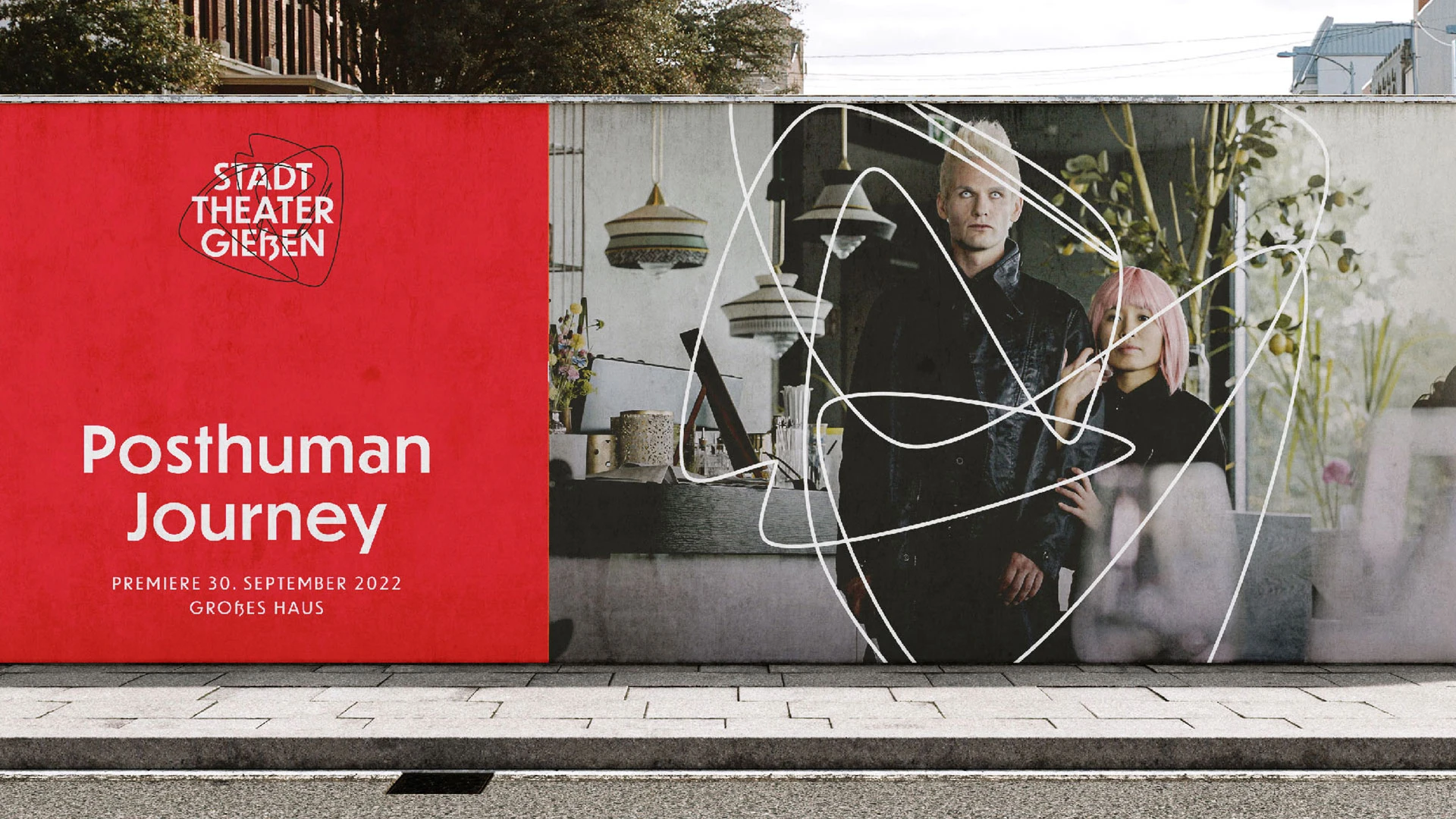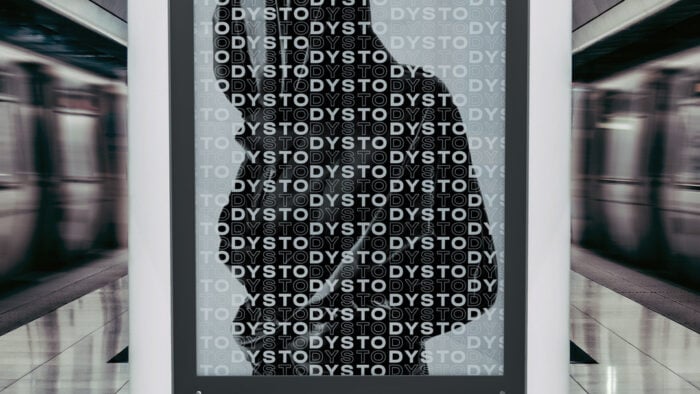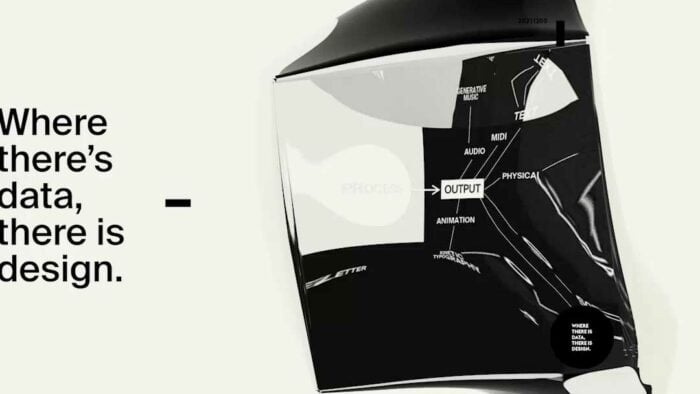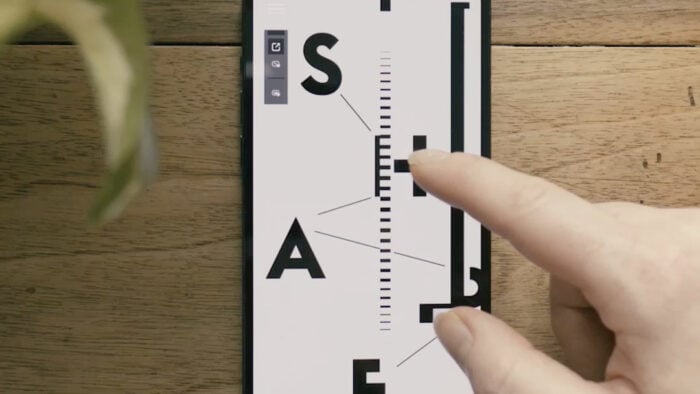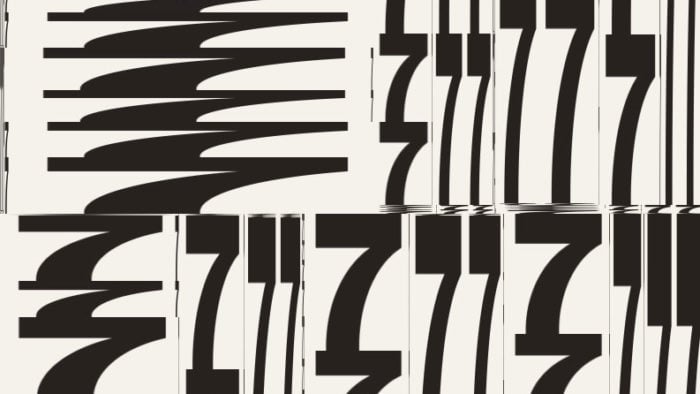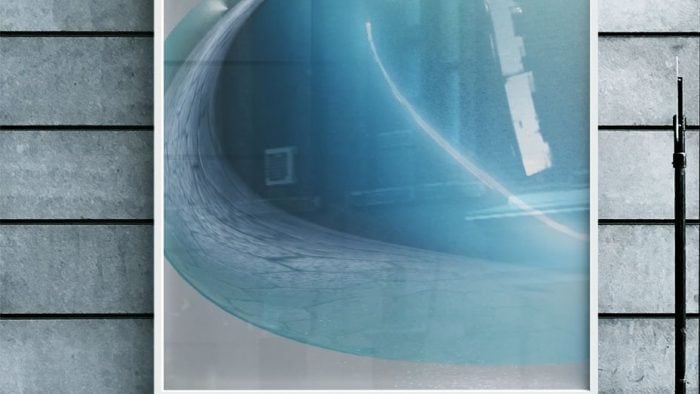Generative Physics Systems
Generative Physics Systems
No. 1 of 3 (2016)
DOID: 1262.20160201
Generative animations based on simulated physical behavior and autonomous particle-interactions.
In school, I never really got into physics and the impression that this matter had no real-world applications for my everyday life lasted until I started employing physics-based particle-systems in my generative experiments. The three animations you see here show the dynamic results of a rather simple set of rules that quickly become complex (and in some sense “alive”) once you increase the number of “actors” involved.
The basic set of rules for every particle (an autonomous part of the software that is both separated in terms of code and integrated in the way that it can interact with other particles) can be described like this:
- Follow a global vector of attraction (gravity)
- Adhere to set physical constants like friction and restitution
- If you collide with another particle, move into the opposite direction
- If you collide with a set boundary, move into the opposite direction
The three animations also show how some of my sketches gradually evolve as I continue experimenting with the system: The initial sketch (the one called “down”) gave me an impression of how particles would behave within the set rules and I came up with the basic idea of creating a set of boundaries that were somewhat permeable. The second sketch (called “up”) inverts the gravity while employing smaller particles and adds a more accentuated motion-trail that creates geometric shapes if the particle crosses its own trail. The third sketch (the one below this section of text) combines those experiments with additional blended graphical elements and removes the visible boundaries for a more dramatic effect.
All animations were purely created with code using Processing.
Generative Physics Systems ↘︎ More ideas in this series
Generative Physics Systems
No. 2 of 3 (2016)
DOID: 1262.20160201
Generative Physics Systems
No. 3 of 3 (2016)
DOID: 1262.20160201




